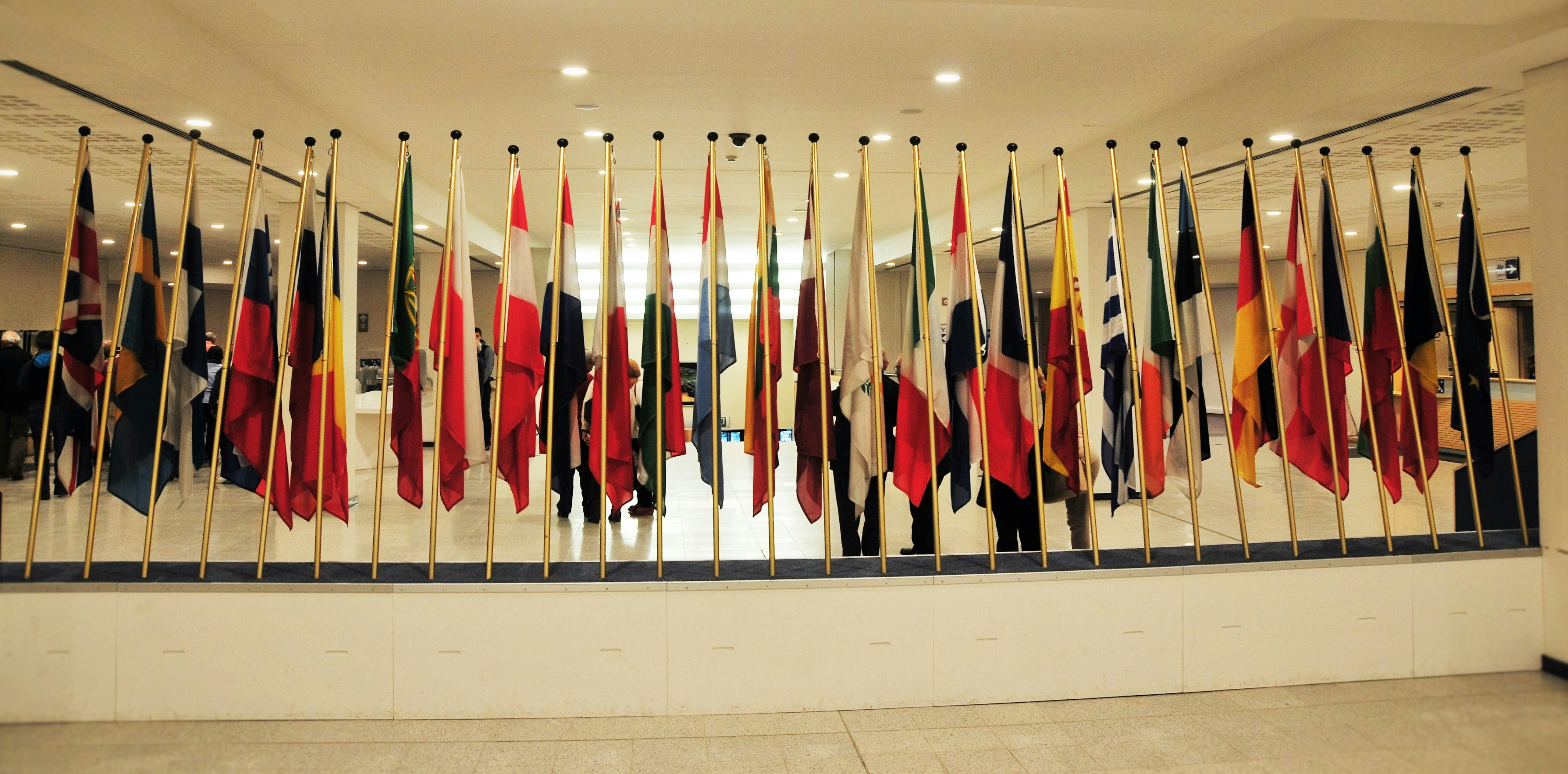Attachments
Note: Not all attachments are visible to the general public. Research URLs will go live after the embargo ends.
Journal/
conference: Science
conference: Science
Research:Paper
Organisation/s:
Koi Tū: the Centre for Informed Futures, US National Academies of Sciences, Engineering and Medicine; International Science Council
Funder:
N/A



 New Zealand; International
New Zealand; International



